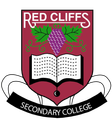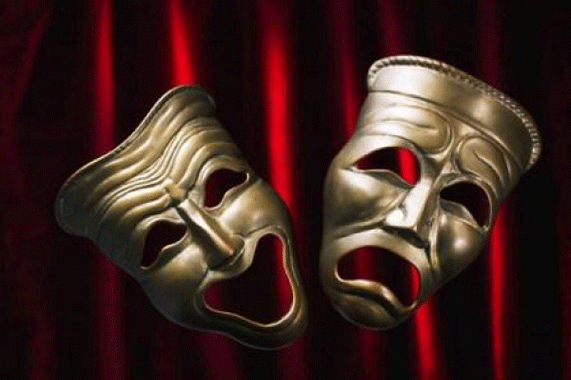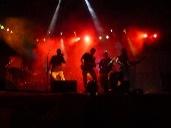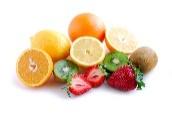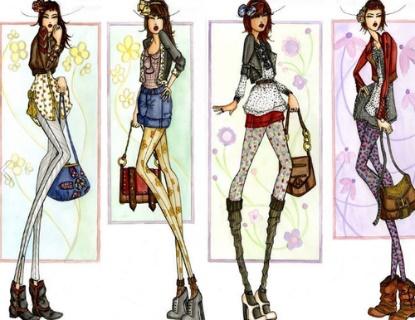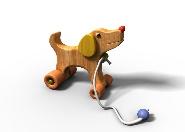
Arts and Technology Electives
Students choose four Arts and Technology Electives for the year.
All electives are 3 sessions per week
Art House (Studio Arts)
All students are encouraged to explore their artistic potential across a variety of new and traditional visual media – painting, printmaking, drawing, photography and art history.
Intended as an introduction to the artistic processes that a working artist undertakes this subject focuses on the development of an individual style. Further experimental work is encouraged whilst building on the foundations learned in junior art. Emphasis is placed on decision-making skills to find the most effective way to implement ideas, design, create and make art works devised from a range of stimuli.
Theoretical activities complement practical tasks by introducing students to a wide range of Artists and methodologies in both a contemporary and historical context
Dance
Through Dance, students will explore real, imaginary and abstract ideas to plan and create dance works. In the presentation of the work, they will be able to contribute to the choice of appropriate spaces, materials, equipment and presentation forms and show an understanding of the concepts of purpose and audience.
Semester one and two will have a different focus for performances.
- Variety Night Dance will have a focus on preparing a performance for the College Variety Night. Students choosing Variety Night Dance will also need to participate in the Performing Arts Camp, which has a cost of approximately $110.00.
- Dance S2 will run in Semester two and work on performing a piece for another class or assembly.
ASSESSMENT TASKS:
- Group Devised Dance
- Small Ensemble Dance
- Overall class work, attendance and performance
- Styles of dance assignment
- Performance analysis
Media
When studying Media students explore how the media is used to construct stories and how to create media products to tell their own stories. Students start by negotiating the film genres (e.g. horror or comedy) that they are interested in viewing, investigating and developing media products for. Students then view selected films and media to develop their understanding of their chosen genre and learn how to identify and describe how technical codes and narrative conventions are used to tell stories. Following this students work individually and collaboratively to design a range of different media products that meet the expectations of the selected genre, such as a movie trailer or a video game. Students will also have the opportunity to enter their completed media products in various local, state and national competitions. A great preparation for senior Media classes or a creative subject to learn some new skills, give it a go!
ASSESSMENT TASKS:
- Media analysis
- Media production – selection of short film, game development, animation and podcasting tasks
Theatre Studies – Drama S1
Drama looks at developing stagecraft elements as students prepare and present dramatic works about complex issues, ideas and feelings. A particular focus is placed on creating characters with depth and credibility. Students will critically analyse their own performances as well as the performances of others. They will explore the occupations and skills of practitioners connected to the theatre.
Semester one and two will have a different focus for performances. Variety Night Drama in first semester will have a focus on preparing a performance for the College Variety Night, whereas Drama in Semester two will work on performing a piece for another class or assembly. Students choosing to participate in Variety Night will also need to attend the Performing Arts Camp, which has a cost of approximately $100.00
Topics Covered:
- Group and partner work
- Theatre through the ages
- Theatre sports
- Children’s theatre
- Costuming and Makeup
Music
Have you ever dreamed of being a Rock Star? If you want to learn what it takes to play or sing in a rock band, this is the class for you. In this class, you will learn how to play in a band and also learn the skills necessary to play the style of rock on your instrument. In this class, you will also learn how to write and craft an original song for recording.
ASSESSMENTS INCLUDE:
- Practical
- Song writing and recording
- Rock history
Visual Communication & Design
In year 9 Visual Communication, students develop their understanding and skills to communicate ideas and information with a specific purpose. They will learn about the design process to develop their initial ideas through to final presentations using a range of materials, methods, media and technologies. Students will use the elements and design principles to analyse existing visual communications in Industrial, Environmental and Communication design fields.
ASSESSMENT TASKS:
- Design Folio – a range of practical activities to develop skills in; 2D and 3D drawing techniques and the use of digital media such as Photoshop and Illustrator
- Investigation Project - a theory task which involves assessing every day visual communications using a set of analysis questions.
- Design Project (Major Task) - involves designing a set of visual communications for specific purposes, audiences and needs.
Food
Food Technology is an exciting and creative area of study. Students will investigate and prepare appropriate food for a multicultural Australia. Areas of study such as factors influencing food choice and the packaging of foods form part of the course. Students will develop skills in a wide range of processing and cooking techniques to develop sound food production to support a healthy eating plan.
Topics Covered: Technology process; food safety and hygiene; nutrition; meal planning;
special occasion foods, multicultural foods; design and decoration of a novelty cake.
Textiles
Textiles enables students to explore their creativity while develop knowledge of fibres and textiles, which leads to students developing an understanding of the variety of ways fibres are used within society and the fashion industry.
During the course, students will explore the design process and fashion drawing techniques, extend their sewing skills, and construct simple articles and, as well as develop skills in reading and understanding patterns. They will also develop competence with using a basic sewing machine.
Topics Covered:
- Safe work practices in the textiles room.
- Design Process
- Fashion Illustration
- Sew a basic garment
- Product evaluation
Woodwork
In this unit students design and produce one major project for the semester. This project develops student knowledge and application of design and production skills. Students explore and practice a range of ‘complex’ joints before designing their own ‘Table’ design. Their evaluation stage develops students’ ability to analyse and consequently improve their own production work. The investigation work that is undertaken is designed to improve knowledge of complex joints, ‘like’ products and possible finishes along with providing an understanding of the Australian Standard for the manufacturing and how it relates to their production.
ASSESSMENT TASKS:
- Complex Joints project
- Design and Production project
- Care and Evaluation project
